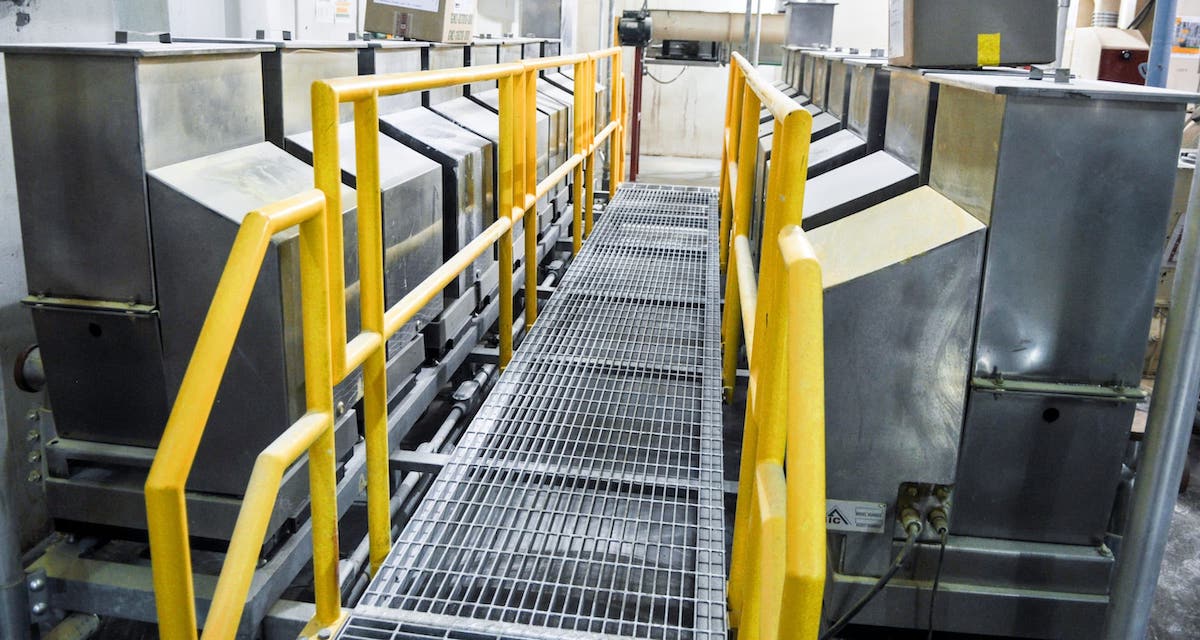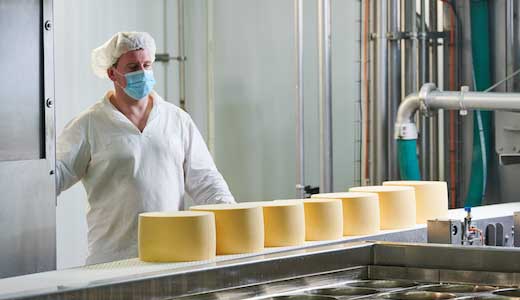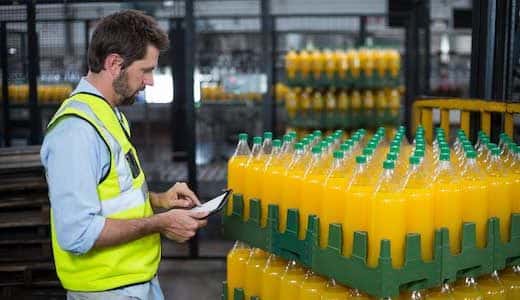Posted by Zosi Team

While the word “kosher” has entered mainstream culture references, kosher food production demands strict adherence to a set of religious rules.
You may have a general awareness of some of the requirements for what makes something kosher, but kosher certification requirements are rigorously detailed. Kosher manufacturing may seem intimidating, but the unique kosher market has multiple rewards.
What is kosher?
Kosher is a set of rules for food production with religious significance. There is a set list of foods that are considered kosher, or acceptable to eat. The laws behind kosher food are deeply rooted in the Bible and further outlined in the Talmud and other Jewish traditions. Those who keep kosher take this designation very seriously, so there are many expectations when a product does obtain that designation.
$12 billion |
14% |
35 million |
Why Should I Become Kosher?
Let’s begin with the most evident reason to start producing kosher products—the revenue. The areas that sell kosher products are densely populated with consumers who depend on the availability of kosher products, creating a regular income. Kosher is a multibillion-dollar industry in the United States alone. It was recently reported that the kosher food industry generated over $12 billion in annual sales. When considering the global marketplace, this increases even more. As of 2009, Mintel Press reported that a mere 14% of consumers purchase kosher food because they follow kosher rules. That means that 86% purchase kosher products for non-religious reasons. Given the trends in kosher sales, it’s likely only increased since then. Secondly, though most purchase kosher products because of non-religious reasons, there is a wide range of religious and cultural groups that follow kosher practices. Keeping to these strict standards creates a solid brand loyalty to Kosher-sanctioned products. Finally, there are some individuals with allergies whose needs coincide with established kosher standards. For example, an individual with severe shellfish allergies might not be able to consume anything that has come into contact with shellfish to any extent at all. As kosher does not include shellfish, this individual would be able to take comfort in the fact that foods with this designation would be safe for their consumption.
Who Supervises Kosher?
Kosher designation requires extreme diligence. By having a kosher supervisor, or mashgiach, you ensure that your production facility is fully aligned with kosher standards. A rabbinical coordinator can go through every aspect of your processes, equipment, and materials to ensure that every detail is considered. Kosher certification requirements are very exact and consultants who specialize in governmental standards are not necessarily versed in the requirements of what makes food kosher.
What Comes Next?
Interested in finding out how kosher can work for you? Zosi offers a unique opportunity to start your journey to kosher production. Our Kosher eLearning courses helps plant managers or those in senior management understand the significance of kosher within their plant. Our curriculum helps outline the bearing of kosher on a grander scale, giving perspective on the communities you directly impact with proper kosher production. By signing up for Managing Kosher Production, you get one step closer to a lasting relationship with valuable and loyal communities of consumers.


 Managing Kosher Production
Managing Kosher Production
 Managing Kosher Dairy Production
Managing Kosher Dairy Production
 Managing Kosher Beverage Production
Managing Kosher Beverage Production
 Managing Kosher Baking Production
Managing Kosher Baking Production

